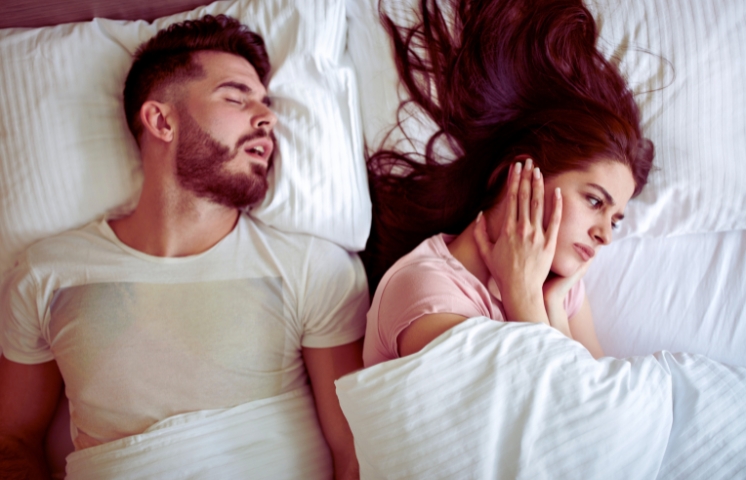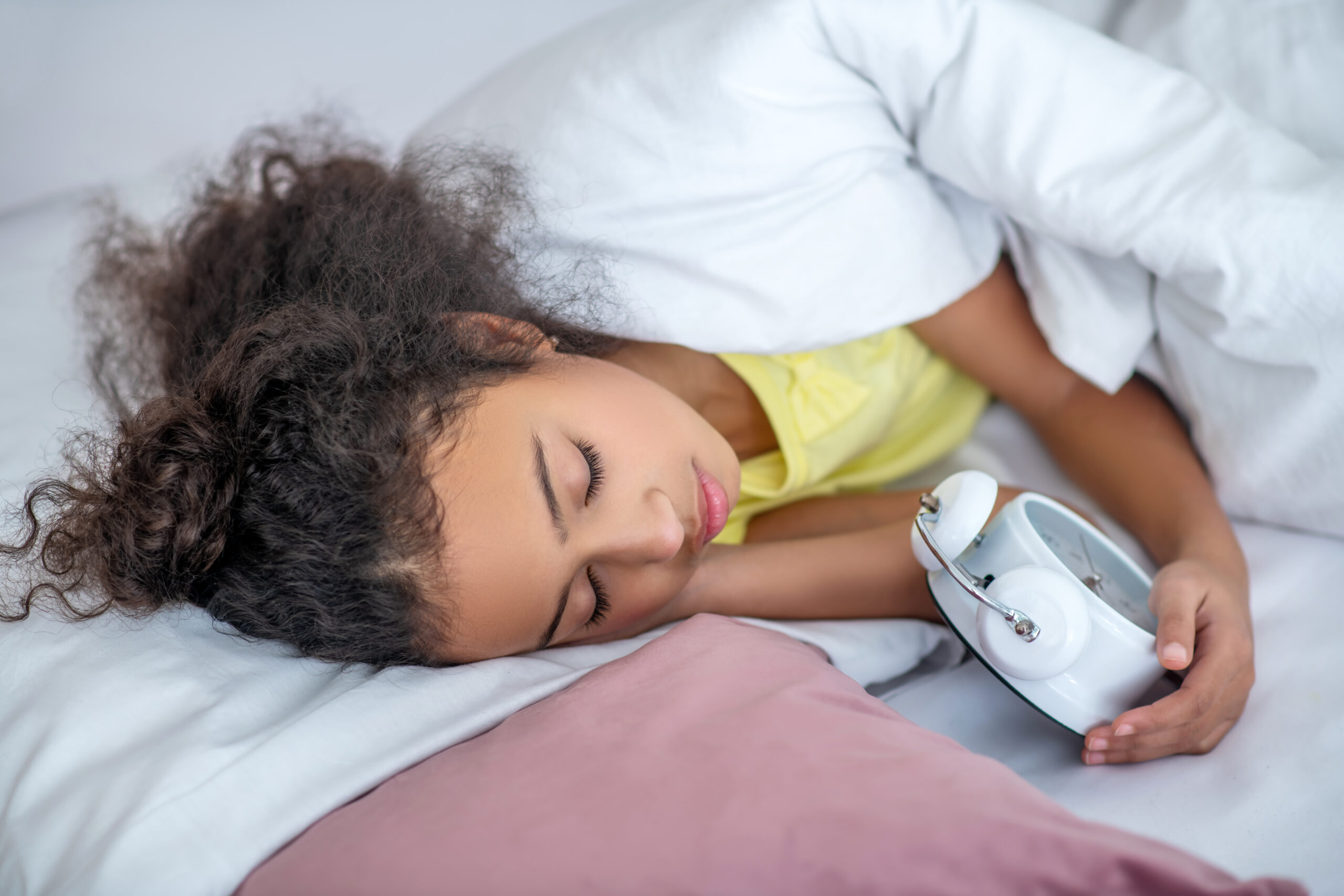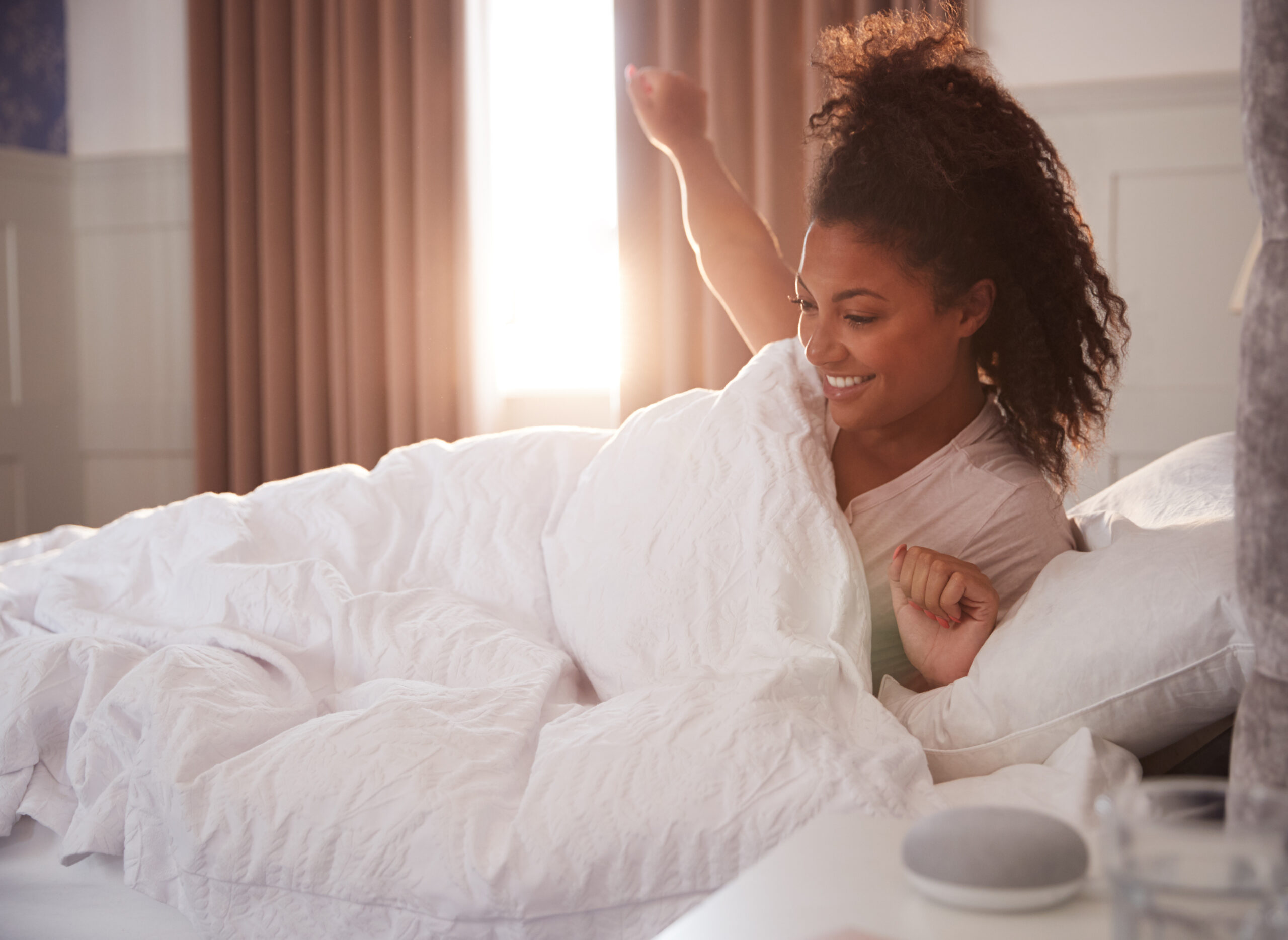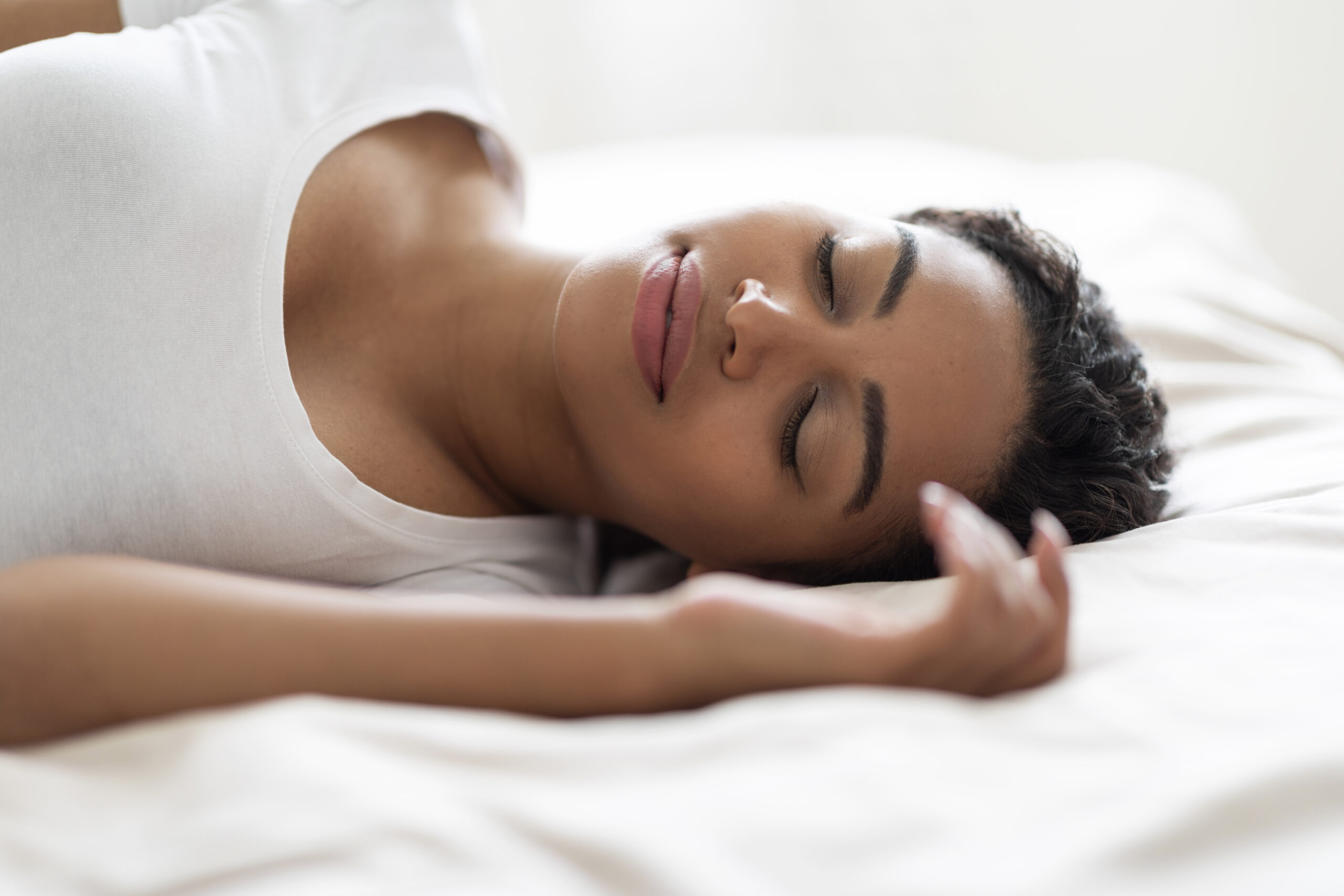Can Sleep Appliances Help You Stop Snoring? Here’s What You Need to Know

Nothing ruins a good night’s sleep like snoring—yours or your partner’s. You wake up groggy, your partner side-glances you, and you both start the day tired. It’s maddening, isn’t it? Snoring is not just maddening; it can be a sign of something more serious, like sleep apnea. But before you start thinking about drastic measures, there’s some good news. The right sleep appliances could be the speedy, effective solution you’ve been looking for. These devices do everything in their power to stop snoring and grant you the quiet, restorative sleep your body needs. Do they work, though? Let’s have a look.
Why Does Snoring Start In The First Place?
Snoring happens when air has a hard time passing through your throat and nose when you sleep. It vibrates, and vibrations produce the normal, loud noise. The reasons below contribute to snoring:
- Mouth and Throat Anatomy – A narrow or elongated soft palate will cause air passage to be narrowed.
- Nasal Congestion – Sinus or allergies will lead to congestion.
- Sleep Position – Lying on your back allows your tongue to drop back and partly lock your airway.
- Weight – Too much tissue in the neck compresses the airway, which increases the chances of snoring.
- Alcohol or Sedatives – These relax the muscles in the throat too much, which leads to obstruction.
It helps decide whether a snoring appliance will keep you from snoring or whether you need something else to know what is causing your snoring.
How Snoring Appliances Work?
Snoring appliances, or mandibular advancement devices (MADs) and tongue stabilizing devices (TSDs), make your jaw or tongue position shift, holding your airway open. Here’s how:
- Mandibular Advancement Devices (MADs) – They fit over your teeth and push your lower jaw forward a little bit, reducing airway blockage.
- Tongue Stabilizing Devices (TSDs) – They stabilize the tongue and push it away from falling into your throat.
- Nasal Dilators – They help you maintain open nasal passages, increase airflow, and end snoring.
Auburn residents who have been suffering from snoring tend to turn to such devices because they are easy to use and non-invasive. In contrast to CPAP machines or surgery, snoring appliances offer a handy, travel-friendly solution to end snoring.
Are Snoring Appliances Effective?
The short answer? Yes, for many people. Research shows that the right sleep appliances can significantly reduce snoring by improving airflow and preventing airway collapse. However, their effectiveness depends on the cause of your snoring.
- If snoring is due to mild sleep apnea or jaw misalignment, MADs can be highly effective.
- If your tongue is the main culprit, a TSD might be a better choice.
- For snoring due to nasal congestion, nasal dilators or an allergy medication would be most appropriate.
While not curing underlying illnesses like severe sleep apnea, snoring appliances can reduce the symptoms and lead to better-quality sleep.
The Right Snoring Appliance To Choose
Different snoring appliances are not equal. Some have individual fittings performed by dentists, while some are available over-the-counter. Here’s the way to go about it:
Custom-Fit Devices – These are designed by dentists and have the most comfortable and optimal fit but require a visit.
Boil-and-Bite Appliances – These are available at drugstores and mold to your teeth once you soften them with hot water.
Soft Silicone TSDs – Best for those who do not want a device to cover the teeth.
If you are in Auburn and are thinking about the right sleep appliances for you, you should consult a dentist to determine the best one for you.
Other Ways to Reduce Snoring
Although snoring devices are a great option, using them with behavioral modifications can maximize results:
- Change Your Sleeping Position – Sleeping on your side stops airway closure.
- Maintain A Healthy Weight – Losing weight can help take pressure off your airway.
- Avoid Bedtime Alcohol – This prevents throat muscles from over-relaxing.
- Stay Well-Hydrated – Dehydration causes mucus to thicken, so snoring is more likely.
- Use a Humidifier – Dry air bothers nasal tissues and leads to snoring.
Snoring doesn’t have to be a war every night. By using the right snoring appliance, you can get rid of snoring and finally feel rested. While these appliances aren’t a single solution for everyone, they’re a non-invasive, easy option for most people. If snoring is ruining your sleep (or your significant other’s sanity), it’s worth looking into these appliances. After all, better nights equal better days—and who wouldn’t want that?




